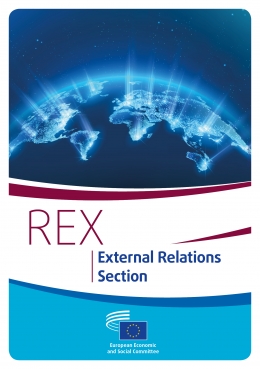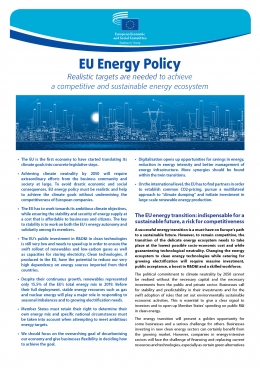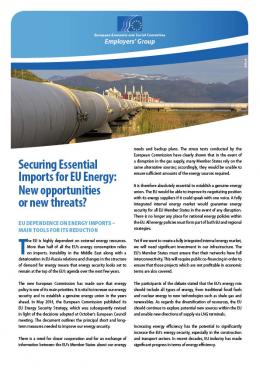European Economic
and Social Committee
Russia
Il comitato di monitoraggio UE-Russia è l'organismo interno del CESE responsabile delle relazioni con la società civile russa.
Da quando le autorità della Federazione russa hanno lanciato la guerra contro l'Ucraina, il 24 febbraio 2022, la libera società civile russa è stata ridotta al silenzio da leggi speciali e da una repressione crescente, mentre molti critici del regime sono stati costretti all'esilio.
Nelle difficili circostanze attuali, il CESE ha deciso di mantenere aperta la porta al dialogo con la sezione contro la guerra della società civile russa presente sul territorio dell'UE.
Tali contatti hanno portato a scambi proficui di informazioni e opinioni sul modo in cui le relazioni bilaterali dovrebbero evolversi dopo la fine della guerra e con il ritorno della libertà e della democrazia nel paese.









